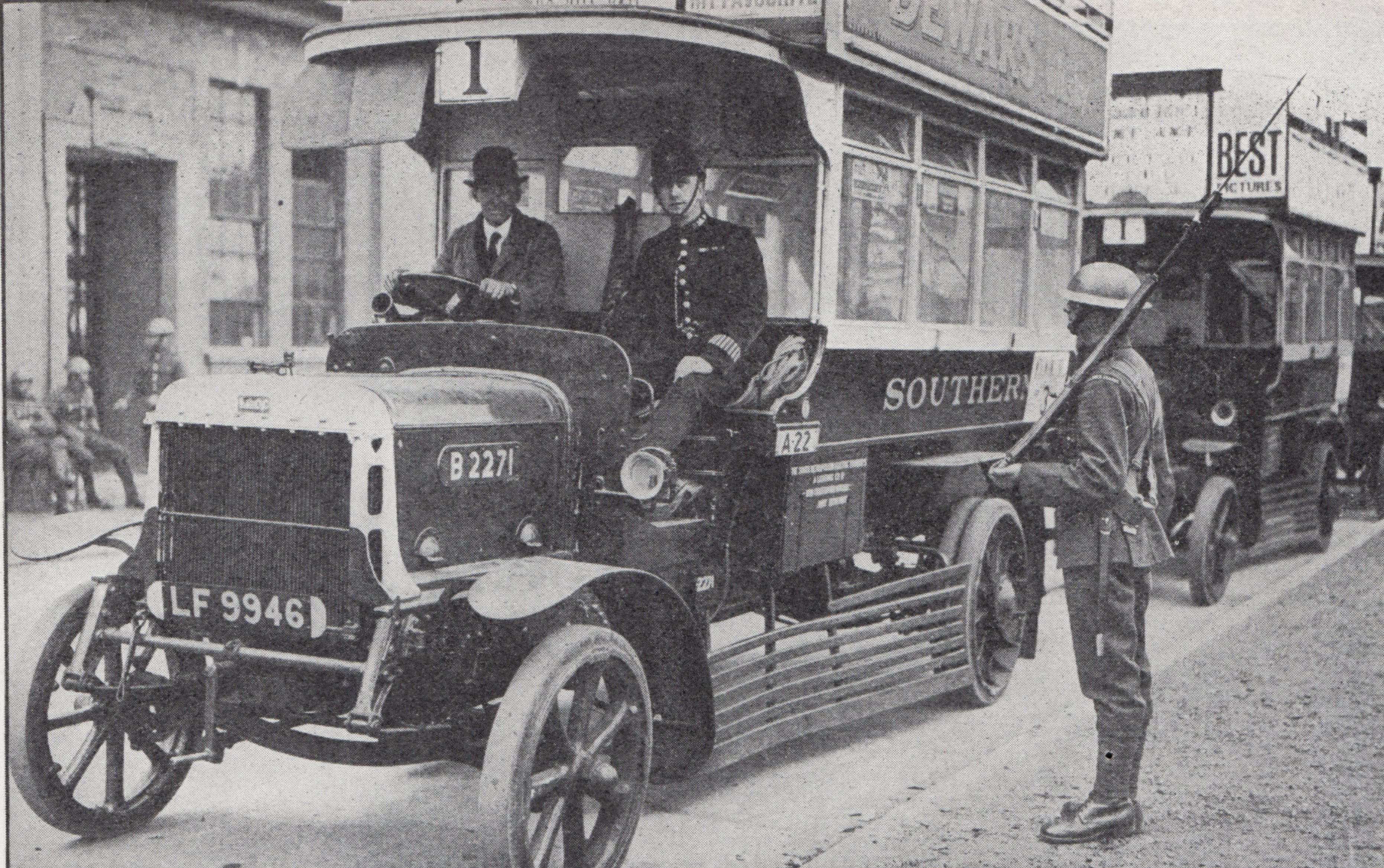Unity is Strength: The General Strike of 1926
Posted by Pete on 4th May 2020
The General Strike of 1926 began 94 years ago, showing the immense power which belongs to workers when they come together and fight for the world they deserve.
Unity is strength.
Never has this been clearer than during the General Strike of 1926.
In March of that year, British mine owners announced a 13.5% wage cut.
With the full support of their mates in Stanley Baldwin’s Tory government, the bosses felt confident of yet another victory over the working class.

But if they expected an easy win, they were in for a surprise.
The miners weren’t going to take this pay cut lying down.
In response to the bosses’ cruel decision, the Miners Federation of Great Britain answered,
British miners did some of the hardest and most lethal work in 1920s Britain, and now the fat cats who got rich off that labour were demanding they do it for less pay and more hours?
It was time for a strike.
But this wouldn’t be a normal strike, between one sector of workers and their bosses.
The TUC (Trades Union Congress) announced that other trade unions would be brought out in solidarity with the miners.
This was going to be a general strike – the first in British history.
It began on 4 th May 1926, when over one and a half million British workers came out on strike in support of the miners.
This was working-class solidarity at its most beautiful.

The causes of the strike might have been specific to the mining sector, but the underlying grievance ran through the whole of British society – exploitation of workers by the undeserving rich.
So, when the miners walked out, they were joined by train drivers, print workers, dockers, steelworkers, and many more besides.
The acts of solidarity were wonderful and diverse.
But the Tory government was, sadly, ready for them.
It had spent the months before the General Strike broke out preparing the state to keep the economy going, so that the strike could be nullified.
The government mobilised right-wing, upper-class volunteers to work with the army to keep supplies moving (so much for leaving the market to its own devices…).
It also used the BBC – along with the Tory-aligned press (i.e. most of the press) – to condemn the strikers as anarchic revolutionaries and distort the facts of the dispute.
Meanwhile, Winston Churchill (then the Home Secretary), had the TUC starved of paper supplies so it couldn’t print its own side of the story.
This was class war of the most concrete kind, and it paid off for the rich.
Convinced the government couldn’t be beaten, the TUC’s weak leadership called off the General Strike within a couple weeks.
The miners were left alone, to struggle on for months before bitter poverty and a lack of hope drove them back to work, for less pay and longer hours (even then, many were blacklisted and kept jobless).
But there was virtue in defeat.

The Great Strike may have failed, but it taught British workers how powerful they were when they organised and struggled together.
The Tories had been so afraid of this power they’d mobilised a massive, warlike operation to confront a pay dispute in a single sector.
There were more defeats to come for organised labour, from the Great Depression to Thatcher’s barbaric war against the union movement.
And yet, to this day, the General Strike of 1926 stands testament to the almighty potential of trade unionism.
And, as workers are right now being asked to labour amid the health hazards of a pandemic, trade unions are more vital than ever to ensure safe work for fair pay.
Don’t go to work without one!
